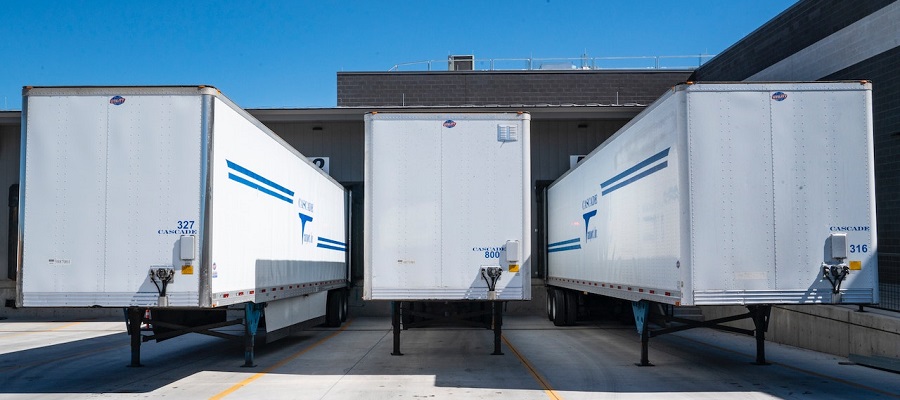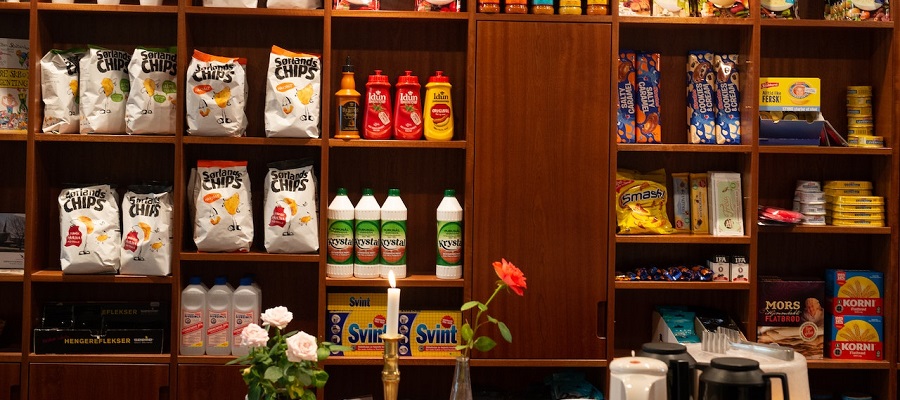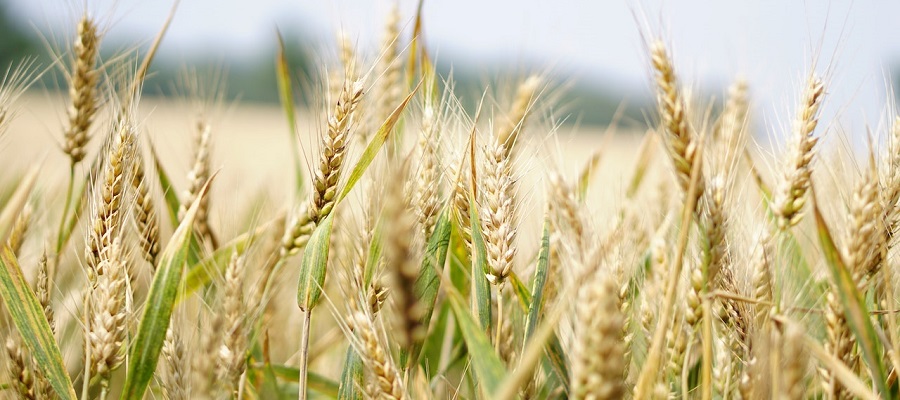Grocery wholesalers play a critical role in the distribution of food and other products to retail stores and other customers. In this article, we'll explore the various ways that grocery wholesalers handle logistics and transportation of products, including strategies for storage, distribution, and delivery.
Storage and Warehousing
Storage and warehousing are critical components of logistics and transportation at grocery wholesalers. In order to ensure that products are stored in the most optimal conditions, grocery wholesalers must have sufficient space and the right equipment to store a wide variety of products. In this article, we'll explore some of the key considerations for storage and warehousing at grocery wholesalers.
"Space and Capacity"
One of the key considerations for storage and warehousing at grocery wholesalers is space and capacity. Grocery wholesalers must have sufficient space to store a wide variety of products, including fresh produce, meats, dairy, and non-perishable items.
In order to maximize space and efficiency, grocery wholesalers may use specialized storage equipment, such as pallet racking or shelving. These systems can help to maximize the use of space and improve the organization and accessibility of products.
"Temperature-Controlled Storage"
Another important consideration for storage and warehousing at grocery wholesalers is temperature-controlled storage. Many food products, such as fresh produce, meats, and dairy, require specific temperature ranges in order to maintain their quality and safety.
In order to ensure that products are stored in the most optimal conditions, grocery wholesalers may use temperature-controlled warehouses or refrigerated storage facilities. These facilities can help to maintain the quality and safety of products, as well as extend their shelf life.
"Inventory Management"
Effective inventory management is also critical for storage and warehousing at grocery wholesalers. In order to ensure that products are available when needed, grocery wholesalers must have accurate and up-to-date inventory records.
Grocery wholesalers may use inventory management software or other systems to track and manage inventory. These systems can help to ensure that products are ordered and delivered in a timely manner, and that excess inventory is minimized.
Distribution
Distribution is a critical component of logistics and transportation at grocery wholesalers. This involves moving products from the warehouse to retail stores or other customers. In this article, we'll explore some of the key considerations for distribution at grocery wholesalers.
"Methods of Transport"
One of the key considerations for distribution at grocery wholesalers is the method of transport. Grocery wholesalers may use a variety of methods for distribution, including trucking, rail, air, or sea transport.
The method of transport will depend on the size and location of the grocery wholesale store, as well as the size and weight of the products being transported. For example, trucking may be more appropriate for smaller quantities of products that need to be delivered over shorter distances, while rail or sea transport may be more suitable for larger quantities of products that need to be delivered over longer distances.
"Logistics Software and Transportation Management Systems"
Another important consideration for distribution at grocery wholesalers is the use of logistics software or transportation management systems. These systems can help to track and manage the movement of products, optimize routes, and reduce transportation costs.
Logistics software and transportation management systems may include features such as real-time tracking, route optimization, and delivery scheduling. By using these systems, grocery wholesalers can improve the efficiency and effectiveness of their distribution operations.
"Delivery Fleet"
Grocery wholesalers may also use their own delivery fleet to distribute products to customers. This may involve using a variety of vehicles, such as delivery trucks or vans, depending on the size and weight of the products being transported.
Having a delivery fleet can be a cost-effective way for grocery wholesalers to distribute products, especially if they have a large number of customers in a specific geographic area. However, it's important for grocery wholesalers to have a reliable and efficient delivery process in order to provide good service to customers.
Delivery
Delivery is an important consideration for grocery wholesalers, as it allows customers to receive products without having to physically visit the store. In this article, we'll explore some of the key considerations for delivery at grocery wholesalers.
"Delivery Options"
One of the key considerations for delivery at grocery wholesalers is the range of delivery options available to customers. Grocery wholesalers may offer a variety of delivery options, such as home delivery, pickup at the store, or pickup at a designated location.
The type of delivery option that a grocery wholesale store offers will depend on factors such as the size and location of the store, as well as the preferences of the customer. For example, home delivery may be more suitable for customers who are unable to visit the store in person, while pickup options may be more suitable for customers who are able to transport large quantities of products themselves.
"Delivery Fleet"
Grocery wholesalers may also use their own delivery fleet to deliver products to customers. This may involve using a variety of vehicles, such as delivery trucks or vans, depending on the size and weight of the products being transported.
Having a delivery fleet can be a cost-effective way for grocery wholesalers to deliver products, especially if they have a large number of customers in a specific geographic area. However, it's important for grocery wholesalers to have a reliable and efficient delivery process in order to provide good service to customers.
"Third-Party Delivery Companies"
In addition to using their own delivery fleet, grocery wholesalers may also contract with third-party delivery companies to deliver products to customers. This can be an especially useful option for grocery wholesalers who do not have the resources or capacity to deliver products themselves.
Third-party delivery companies may offer a range of delivery options, such as same-day delivery or next-day delivery, depending on the needs of the customer. By contracting with third-party delivery companies, grocery wholesalers can expand their delivery capabilities and provide more options for customers.
Conclusion
In conclusion, logistics and transportation are critical components of the grocery wholesale business. By managing storage and warehousing, distribution, and delivery effectively, grocery wholesalers can ensure that products are delivered to customers in a timely and cost-effective manner. By investing in logistics and transportation infrastructure and systems, grocery wholesalers can streamline their operations and improve their competitive position in the market.


